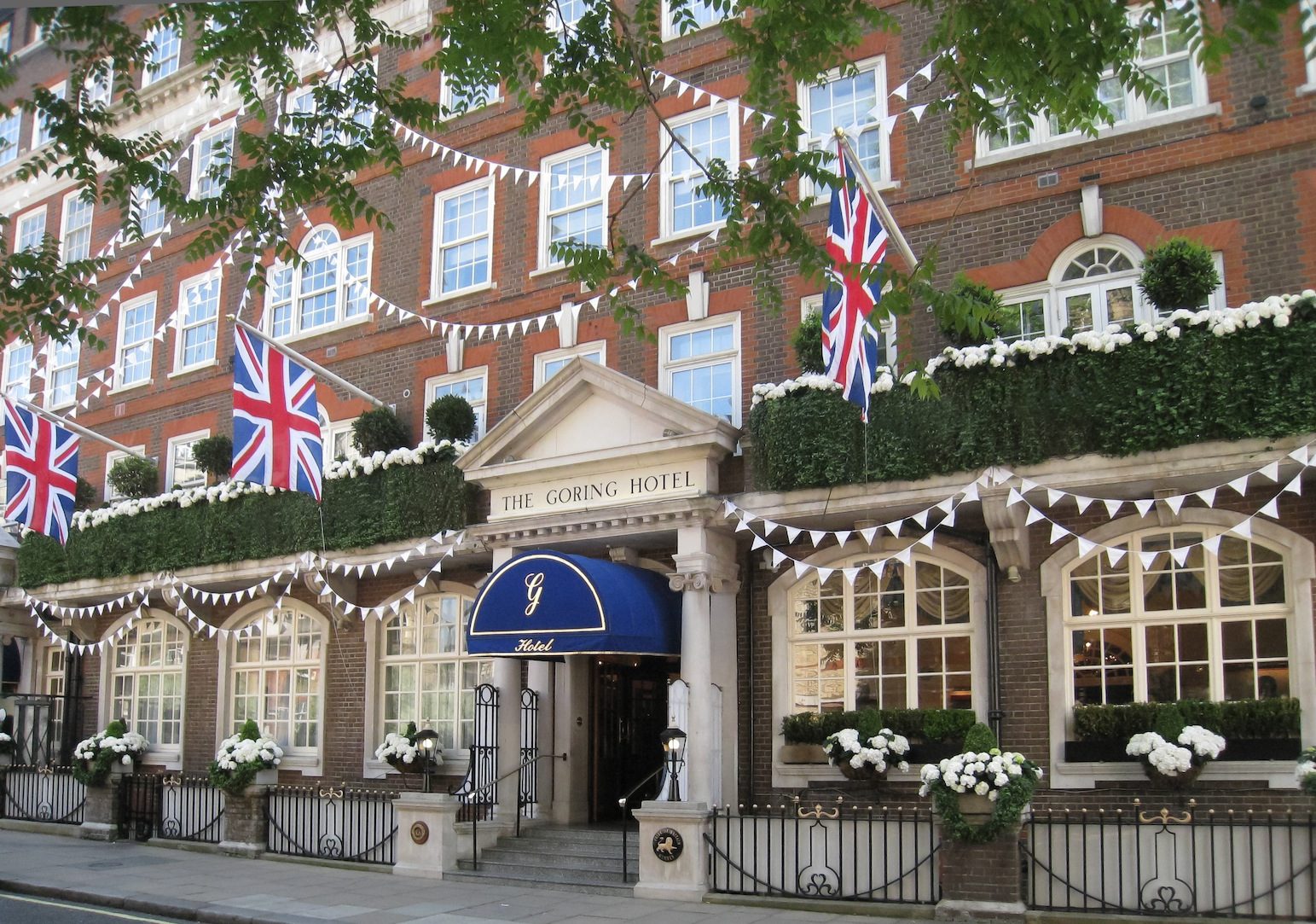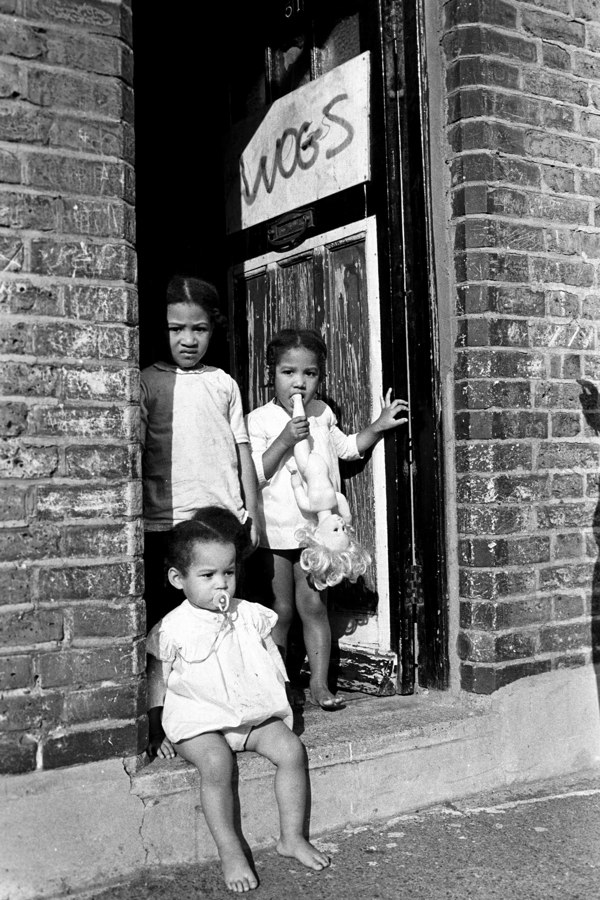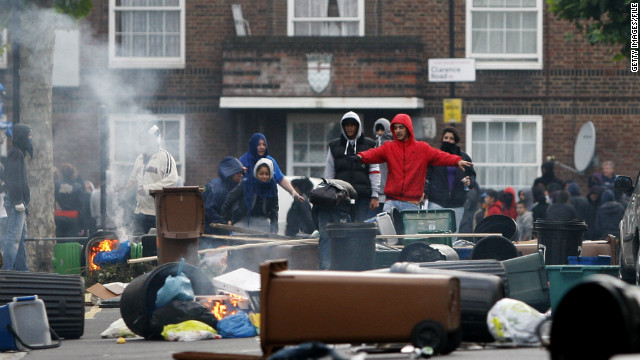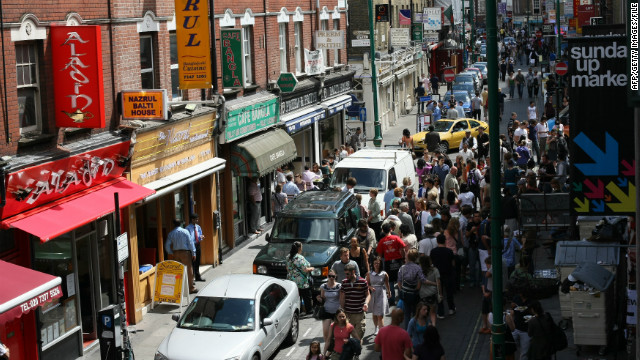Growing up after Sept. 11, 2001, the American media antagonized the Middle East and characterized it as a place were terrorists freely roamed and women were treated worse than animals. I honestly don't know how the media depicts the Middle East these days because I refuse to even listen to them. My class on Middle Eastern Study with Dr. Ferdowsi last year helped me distinguish how the media brainwashed me (even indirectly) about the Middle East and shed light on what it's like there. I like knowing that people are people and every country has problem even if they differ.
Although there are some places in the Middle East that women are treated incredibly poorly, Iran isn't one of them. According to Al Arabiya News, "Iran’s President Hassan Rowhani admitted Sunday that women in his country still face discrimination and cultural barriers but he insisted they are not universally treated as second-class citizens." The report says that his speech is consistent about his ideals of social freedoms, which was one of his cornerstones in his election campaign last year. I don't understand Islamic law fully, but Rowhani said, "Based on the Islamic criteria, we neither consider men as the first sex nor the women as the second sex ... they both have the same human dignity and none is superior," however, the author of the article points out:
And under the Islamic sharia law practiced in Iran, a woman’s evidence is considered to have only half the value of a man’s, which Amnesty International says leads to discrimination in divorce proceedings, child custody disputes and inheritance.
Even in the US, we still have issues over women's rights, so it'd be completely unfair for me to say we live in a completely progressive society, but we are not completely burned by religion like Islamic Law. Islamic Law seems to be a fickle thing.
Side note: Up until last year, I had no idea that Farsi was synonymous with Persian. Thank you, Dr. Ferdowsi, for teaching me such a simple thing.
http://english.alarabiya.net/en/News/2014/04/20/Rowhani-says-Iran-s-women-not-second-class-citizens-.html
Tuesday, April 22, 2014
Nigerian School Girls
First, news reporters said that 130 Nigerian school girls were kidnapped but a new figure this week says that 230 school girls were kidnapped and 52 of them have escaped. State officials were the ones to decrease the official number of victims. The confusion was brought upon the military but they withdrew their statement. Why so much confusion and miscommunication over how many school girls were kidnapped?
BBC stated, "Islamist group Boko Haram is suspected to be behind the kidnapping but has not issued any statement." Boko Haram has been linked to over 1,500 deaths in Nigeria this year.
Although the news report is heartbreaking, the worst part is, "It is thought that the militants took the girls to the Sambisa forest near the Cameroonian border. Parents and vigilante group have gone there to help search for the teenage girls." Does the Nigerian government not care about a few hundred school girls, aged 16-18, being kidnapped supposedly by terrorist groups? Perhaps this is a clear insight to their politically unstable and corrupt government.
http://www.bbc.com/news/world-africa-27101714
BBC stated, "Islamist group Boko Haram is suspected to be behind the kidnapping but has not issued any statement." Boko Haram has been linked to over 1,500 deaths in Nigeria this year.
Although the news report is heartbreaking, the worst part is, "It is thought that the militants took the girls to the Sambisa forest near the Cameroonian border. Parents and vigilante group have gone there to help search for the teenage girls." Does the Nigerian government not care about a few hundred school girls, aged 16-18, being kidnapped supposedly by terrorist groups? Perhaps this is a clear insight to their politically unstable and corrupt government.
http://www.bbc.com/news/world-africa-27101714
Monday, April 7, 2014
Unrest over FIFA in Brazil
Here's a comparison of GDP per capitas and their rankings according to the CIA Factbook (2013):
228. Congo: $400
105. Brazil: $12,100
13. U.S.: $52,800
1. Qatar: $102,100
Technically, San Marino was the lowest ranking on the list, but it was for specific reasons that aren't important to this post. Congo has the second lowest GDP of the 229 countries listed on the CIA Factbook. Brazil's GDP per capita falls in the upper 50% of this list and their GDP is slowly continuing to grow.
Despite the increase of income to Brazil, its citizens are unhappy. They see their government spending millions of dollars on the upcoming FIFA World Cup 2014, but they ask themselves, "Where was this money when I was and am still suffering from poverty?"
Here are a few facts:
228. Congo: $400
105. Brazil: $12,100
13. U.S.: $52,800
1. Qatar: $102,100
Technically, San Marino was the lowest ranking on the list, but it was for specific reasons that aren't important to this post. Congo has the second lowest GDP of the 229 countries listed on the CIA Factbook. Brazil's GDP per capita falls in the upper 50% of this list and their GDP is slowly continuing to grow.
Despite the increase of income to Brazil, its citizens are unhappy. They see their government spending millions of dollars on the upcoming FIFA World Cup 2014, but they ask themselves, "Where was this money when I was and am still suffering from poverty?"
Here are a few facts:
There are 12 host cities with ambitious infrastructure plans (such as fast railway systems airport terminals, etc), but the building projects are being plagued by riots and protests by the citizens. Expecting around 200,000 visitors for the event, the organizers' intention was to boost the economy with tourism and business amongst the regions, however they've been met with opposition. The protesters are trying to delay the World Cup, soccer's biggest tournament, from happening. NPR focuses on Mato Grosso, Cuiaba's capital and one of the host cities:
I think Brazil, not just Mato Grosso, she says, was not ready for the World Cup. Mato Grosso will be penalized because of the World Cup due to the bad management of the government, which has no spending priorities, she says. It will leave a legacy of debt (NPR).
There are only 65 days left until the the FIFA World Cup (June 12, 2014).
Protesters in Rio Janeiro, June 2013
http://www.aljazeera.com/programmes/viewfinder/latinamerica2014/2014/04/occupying-brazil-201446121644533111.html
http://www.npr.org/2014/03/04/285840280/world-cup-woes-loom-for-one-brazilian-city
Monday, March 31, 2014
Mexico's Influence
Mexico City is taking progressive steps for their transgender community and it's influenced the rest of South America. Since 2009 and with Supreme Court approval with the same year, gay marriage has been legalized and Mexico City's mayor, Miguel Angel Mancera, is promoting sexual, political, and religious diversity, which has resulted in social change in the area. According to Globalpost.com, "With gay equality entwined here with a growing awareness of human rights of every kind, courts and activists across the region have been prodding reluctant lawmakers and societies alike." Just like in the US, the federal system allows state legislators to determine their marriage laws.
Mexico isn't all rainbows and sunshine; its suffering from sickness, violence, drugs, poverty, unemployment. Perhaps freedom of love and marriage can alleviate or exacerbate these issues.
Argentina and Uruguay are two countries among the seventeen that have legalized gay marriage internationally. Chile, Brazil, Colombia, and Ecuador have some sort of civil union or life partnership agreement that may or many not be taken away or modified in the future.
http://www.globalpost.com/dispatch/news/regions/americas/mexico/140328/mexico-gay-same-sex-marriage-rights-lgbt
Mexico isn't all rainbows and sunshine; its suffering from sickness, violence, drugs, poverty, unemployment. Perhaps freedom of love and marriage can alleviate or exacerbate these issues.
Argentina and Uruguay are two countries among the seventeen that have legalized gay marriage internationally. Chile, Brazil, Colombia, and Ecuador have some sort of civil union or life partnership agreement that may or many not be taken away or modified in the future.
No need to hide anymore.
http://www.globalpost.com/dispatch/news/regions/americas/mexico/140328/mexico-gay-same-sex-marriage-rights-lgbt
Wednesday, March 26, 2014
Local Indian Government on Beef
Johnny Rocket's in India? What.
Hinduism, synonymous with Indianism, is the largest religion in India. About 80.5% of India's population. With this being said, cows are the most valuable animal in Hinduism and is not supposed to be eaten or abused in anyway. So, how are they going to have an American burger joint that's popular for their cow products?
According to India West, "By opening in a highly trafficked shopping venue in the upmarket residential neighborhood of south Delhi, Johnny Rockets is poised to introduce its signature all-American fare, with multiple veggie patty options, a focus on chicken breast sandwiches and buffalo tenderloin burgers... Other items specific to the Select Citywalk menu include Masala Fries, a Tandoori Spiced Chicken Wrap, Paneer Philly Cheesesteak and the Divine Delhi, the restaurant's salute to the robust flavors of the region."
Contrary to popular belief, tens of million of Indian citizens consume beef. Although this number is large, it's no comparison to India's population of over one billion people. Beef production varies by local governments and some workers (like who transport the meat, etc) have boycotted the practice. "The Goa government had earlier banned the slaughter of cattle and other animals at a prominent local abattoir over safety and hygiene concerns," reports the International Business Times. The beef market doesn't have regulations or rules since many states have banned the practice. What about the Christians/Catholics/non Hindus who eat beef?
http://www.ibtimes.com/wheres-beef-india-believe-it-or-not-1258469
http://www.indiawest.com/food/145-johnny-rockets-opens-first-restaurant-in-india.html
Hinduism, synonymous with Indianism, is the largest religion in India. About 80.5% of India's population. With this being said, cows are the most valuable animal in Hinduism and is not supposed to be eaten or abused in anyway. So, how are they going to have an American burger joint that's popular for their cow products?
According to India West, "By opening in a highly trafficked shopping venue in the upmarket residential neighborhood of south Delhi, Johnny Rockets is poised to introduce its signature all-American fare, with multiple veggie patty options, a focus on chicken breast sandwiches and buffalo tenderloin burgers... Other items specific to the Select Citywalk menu include Masala Fries, a Tandoori Spiced Chicken Wrap, Paneer Philly Cheesesteak and the Divine Delhi, the restaurant's salute to the robust flavors of the region."
Contrary to popular belief, tens of million of Indian citizens consume beef. Although this number is large, it's no comparison to India's population of over one billion people. Beef production varies by local governments and some workers (like who transport the meat, etc) have boycotted the practice. "The Goa government had earlier banned the slaughter of cattle and other animals at a prominent local abattoir over safety and hygiene concerns," reports the International Business Times. The beef market doesn't have regulations or rules since many states have banned the practice. What about the Christians/Catholics/non Hindus who eat beef?
http://www.ibtimes.com/wheres-beef-india-believe-it-or-not-1258469
http://www.indiawest.com/food/145-johnny-rockets-opens-first-restaurant-in-india.html
Monday, March 17, 2014
Chinese Nationalism and Money
As of this month, China announced that their military budget will increase to $131.6 billion this year. Comparatively, the USA's military budget is decreasing this year to $863.5 million. The reason behind such an increase for the Chinese is that it aligns with the rapidly growing economy it already has, however, that's assuming that the economy will grow at the rate the government thinks it will. The numbers they projected last year and the actual numbers they produced didn't match up. China's economy relies on a high export rate of materials and investment led growth, but even Premier Li Keqiang believes reform and balance needs to occur.
According to Forbes.com: So why do we have to worry about a China that will not be able to afford its military? Generals and admirals, who seem to have wide influence in Communist Party circles these days, just might not scale back their plans. They could instead think they have a limited window to achieve long-held goals, both to take territory from neighboring countries and to make the international waters of the South China Sea an internal Chinese lake. China’s 'senior commanders,' the Economist reports, 'are spoiling to show what their shiny new stuff can do.'
As we've read in our textbook, this is a problem to the US because of China's show of nationalism that has the potential to get ugly.
Get it.
http://www.forbes.com/sites/gordonchang/2014/03/16/china-cant-afford-its-military-thats-why-we-should-really-worry/
Sunday, February 23, 2014
Mean Girls: China and Japan
China and Japan are like Mean Girls:
Instead of being the hot, popular girls in high school with insecurity issues and drama with boys, China and Japan are two of the largest economies supranationally with current beef stemming from Japan's lack of acknowledgement of their atrocities in China during World War II. Just like girls, the beef isn't directly tied to WWII, but it's definitely a sore subject that exacerbates the new issues.
Each country has used whatever they can to demonstrate their respective nationalisms while belittling the other. The Chinese government has been using several news outlets like the British newspaper The Telegraph to air their opinions, "In the Harry Potter story, the dark wizard Voldemort dies hard because the seven horcruxes, which contain parts of his soul, have been destroyed. If militarism is like the haunting Voldemort of Japan, the Yasukuni Shrine in Tokyo is a kind of horcrux, representing the darkest parts of that nation’s soul." Ambassador Li, your problems with Japan aren't black and white like in a fictional story. Japan hasn't been a mature adult addressing their views on legitimacy either though. These problems stem from China's and Japan's incapability to recognize that their customs, philosophies, and histories are different.
How will this pan out? Will Regina George or Cady Heron win? At least fetch isn't happening.
http://thediplomat.com/2014/02/attention-china-and-japan-grow-up/
Monday, February 10, 2014
Germany in Burma/Myanmar
Myanmar/Burma is considered an outcast state because of their terrible human rights record. For 49 years (1962-2011), the country was ruled by a totalitarian government that operated even with international sanctions. The generals who were engulfed with power forced people to move, and work (children included). Within the last three to four years, the government has made improvements to end an era of international abolishment.
German President Joachim Gauck plans to visit Myanmar after India. According to Myanmar Times, "This year marks the 60th anniversary of the establishment of diplomatic relations between Myanmar and Germany. Mr Gauck will become the first German president to visit Myanmar since Richard von Weizsäcker in 1986."
http://www.mmtimes.com/index.php/national-news/9452-germany-president-to-visit-myanmar.html
German President Joachim Gauck plans to visit Myanmar after India. According to Myanmar Times, "This year marks the 60th anniversary of the establishment of diplomatic relations between Myanmar and Germany. Mr Gauck will become the first German president to visit Myanmar since Richard von Weizsäcker in 1986."
http://www.mmtimes.com/index.php/national-news/9452-germany-president-to-visit-myanmar.html
Friday, January 31, 2014
President Hollande is Too Much Drama
17,000 people protested in Paris against President Hollande: "Carrying banners saying “The French are angry!” Sunday’s demonstration by people from about 50 organizations cited France’s struggling economy and high unemployment, its taxes, their housing needs and lack of personal freedoms" (NYPOST). Reminiscent of the French Revolution? It's the 2014 version, except a bit more scandal is surrounding France's leader with his 7 year relationship breakup. The drama.
Hollande's approval rating is ONLY 30%. Let's see if his visit to the Bay Area soon will help bring tech jobs (or whatever he's looking for) to France.
http://nypost.com/2014/01/26/thousands-protest-against-french-president-hollande/
http://nypost.com/2014/01/26/thousands-protest-against-french-president-hollande/
Sunday, January 12, 2014
London: Royal Residences VS East End
BBC gives us a glimpse into what the British royals are living in:
The most beloved and most well known location is Buckingham Palace. The Queen lives here. That's all anyone really needs to know. British people love the queen.
The most beloved and most well known location is Buckingham Palace. The Queen lives here. That's all anyone really needs to know. British people love the queen.
Buckingham Palace Exterior
Buckingham Palace Interior
Kensington Place, in London, was purchased in 1889 for $33,058 (value before inflation) by Mary II and William III. Princess Catherine, Prince Harry, and Prince William all currently live here.
Kensington Place Exterior
Kensington Place Interior
Queen Victoria used to frequent the Goring Hotel for afternoon tea, which is very close to Buckingham Palace. She, along with King George VI and Queen Elizabeth II, came here to celebrate the end of World War II.
The Goring Hotel Exterior
In contrast to the glamorous parts of royal London is the East End of London. In the 19th century, it became the East End when London became overcrowded and the East End became concentrated with poor people and immigrants. By the end of the century, the area was riddle with disease, crime, and poverty. It has developed more over the last few centuries, but it's still one of the poorest parts of Britain. The class system separation is too apparent.
East End, 1880s. Jack the Ripper frequented the area.
East End, 1900s.
East End, 1960s. Racial issues enabled crime.
East End, 2001.
East End, 2012. The neighborhood is improving, but the prevalence of riots demonstrates the level of poverty is still present.
East End - Brick Lane, 2012. Long standing, busy street shows the area's diversity and resilience.
http://www.bbc.com/travel/slideshow/20130710-a-peek-inside-the-british-royal-residences
Wednesday, January 8, 2014
Subscribe to:
Comments (Atom)

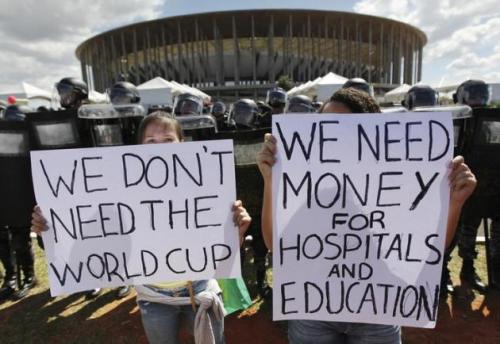
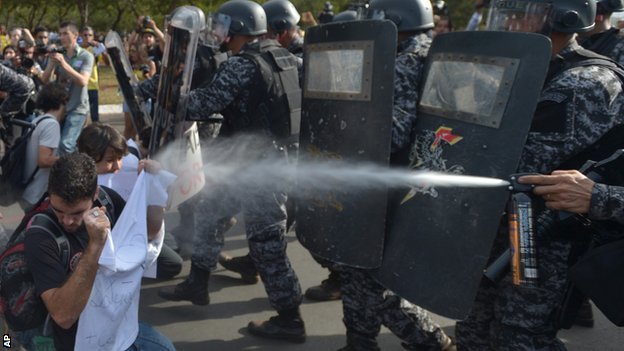
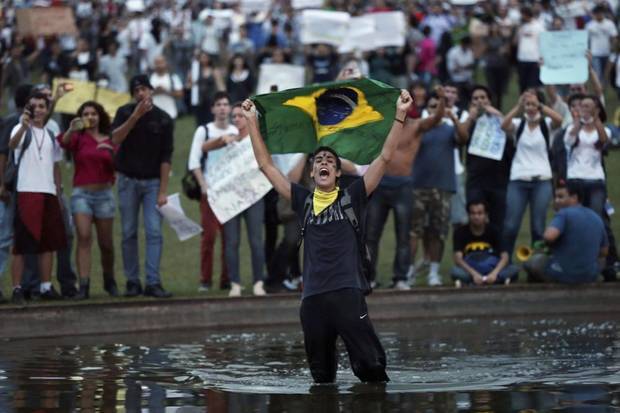



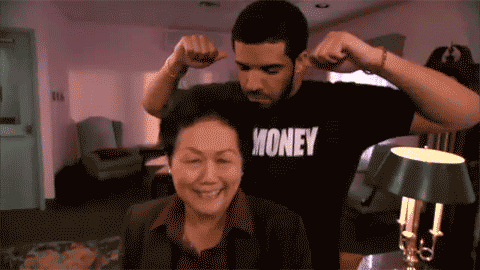







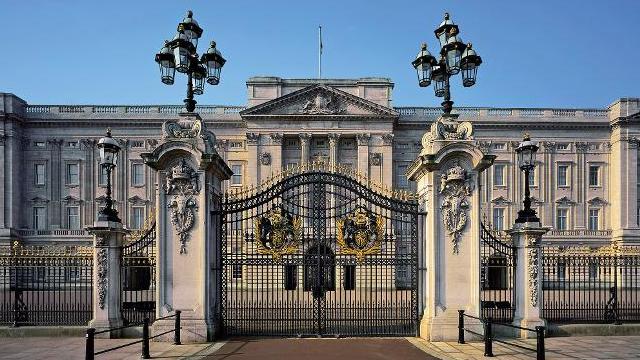
.jpg)

.jpg)
